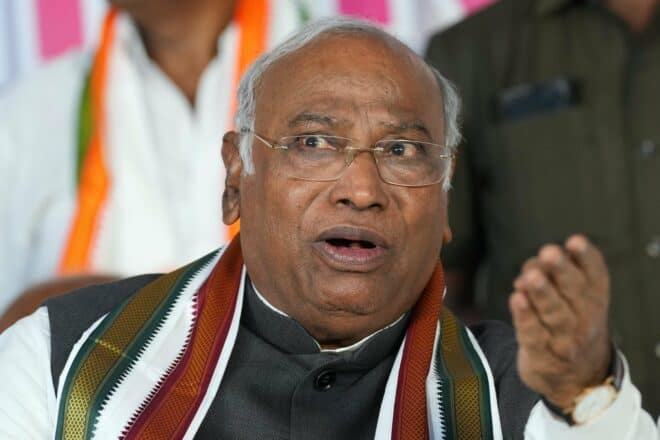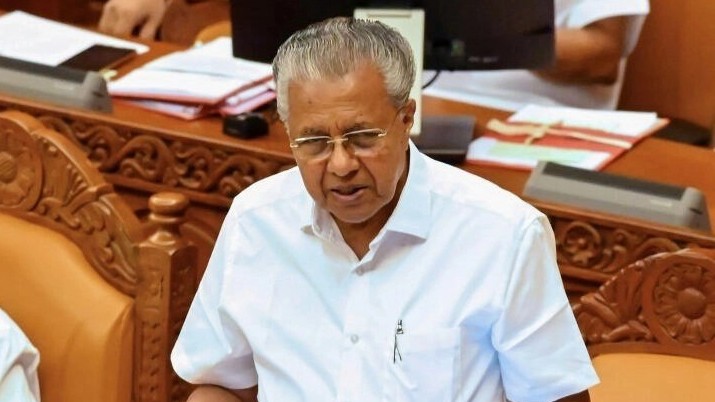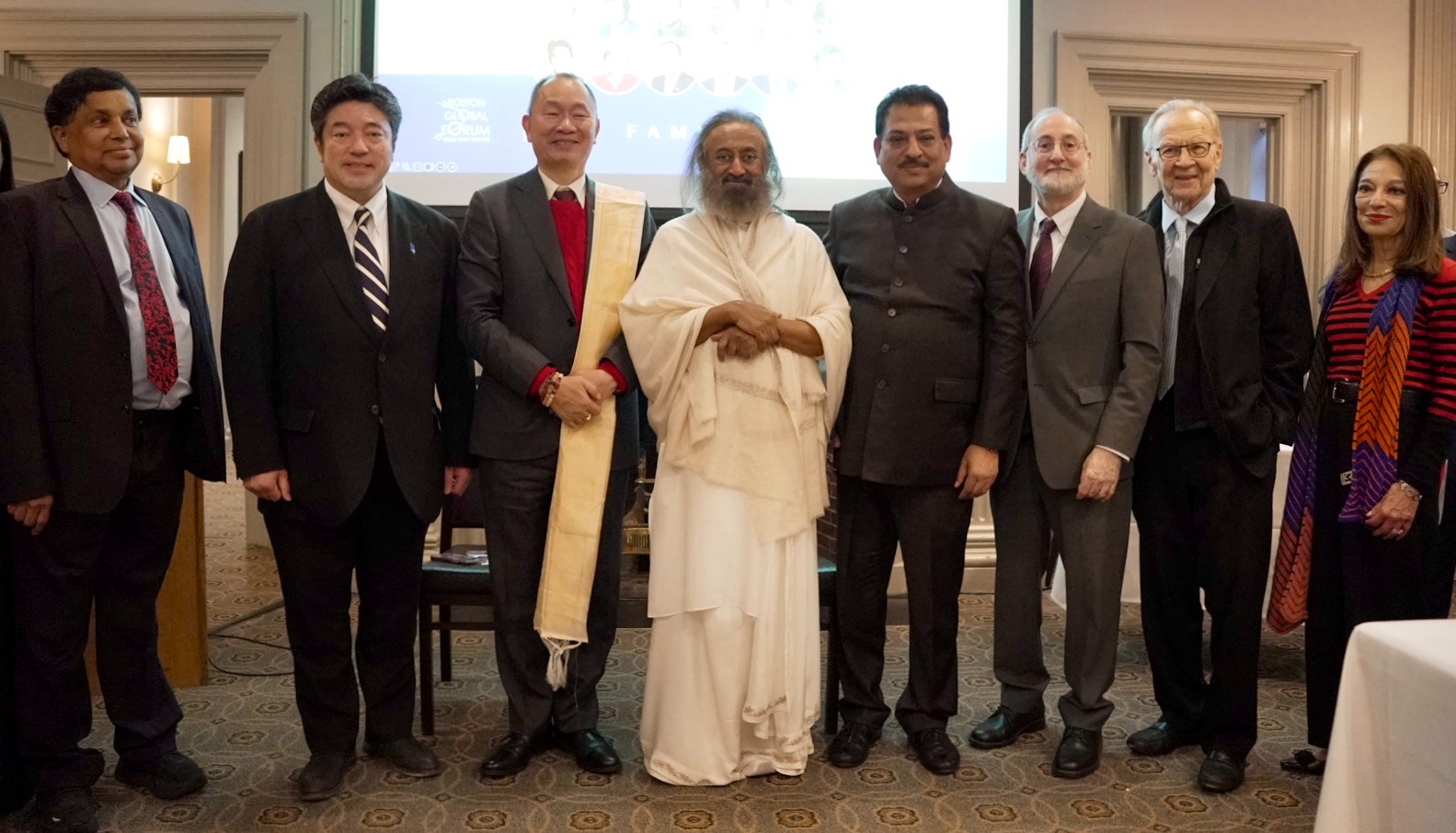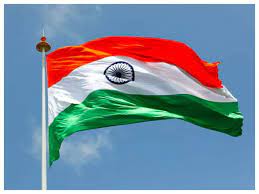

Trump’s Iran Strike Sends Shockwaves Across Asia-Pacific
Trump’s Iran Strike Sends Shockwaves Across Asia-Pacific



Though Trump campaigned on avoiding foreign wars, analysts say his decision to use force underscores a readiness to act unilaterally—even amid negotiations. “Trump’s strike shows he’s not risk-averse,” said Duyeon Kim of Seoul’s Centre for a New American Security. “Beijing and Pyongyang must now rethink their assumptions.”
China, North Korea, and Russia swiftly condemned the attack. President Vladimir Putin called it “unprovoked aggression,” while China warned it had “exacerbated Middle East tensions.”
In Asia, the message was clear. U.S. allies like Australia see the strike as a potential deterrent signal—if it remains limited. Euan Graham of the Australian Strategic Policy Institute said it “reaffirms red lines without derailing Indo-Pacific priorities.”
But the implications are deeper. China sees parallels with Taiwan, worrying that Trump might strike Chinese targets if conflict erupts. “The unpredictability of Trump’s actions is the real takeaway,” said Drew Thompson of RSIS Singapore.
North Korea may view the strike as a warning—but also a justification for its nuclear program. “Had Iran possessed nuclear weapons, the strike likely wouldn’t have happened,” noted Joseph Dempsey of IISS.
Meanwhile, Taiwan’s leadership might feel emboldened. But experts caution that President Lai’s sharper rhetoric could provoke a new cross-strait crisis, as Beijing grows wary of U.S. backing.
The Iran strike may have been tactical, but its strategic aftershocks are rippling across Asia—redefining perceptions of American resolve under Trump.
 OpinionExpress.In | USA | By Opinion Express | July 05, 2025
OpinionExpress.In | USA | By Opinion Express | July 05, 2025

Though Trump campaigned on avoiding foreign wars, analysts say his decision to use force underscores a readiness to act unilaterally—even amid negotiations. “Trump’s strike shows he’s not risk-averse,” said Duyeon Kim of Seoul’s Centre for a New American Security. “Beijing and Pyongyang must now rethink their assumptions.”
China, North Korea, and Russia swiftly condemned the attack. President Vladimir Putin called it “unprovoked aggression,” while China warned it had “exacerbated Middle East tensions.”
In Asia, the message was clear. U.S. allies like Australia see the strike as a potential deterrent signal—if it remains limited. Euan Graham of the Australian Strategic Policy Institute said it “reaffirms red lines without derailing Indo-Pacific priorities.”
But the implications are deeper. China sees parallels with Taiwan, worrying that Trump might strike Chinese targets if conflict erupts. “The unpredictability of Trump’s actions is the real takeaway,” said Drew Thompson of RSIS Singapore.
North Korea may view the strike as a warning—but also a justification for its nuclear program. “Had Iran possessed nuclear weapons, the strike likely wouldn’t have happened,” noted Joseph Dempsey of IISS.
Meanwhile, Taiwan’s leadership might feel emboldened. But experts caution that President Lai’s sharper rhetoric could provoke a new cross-strait crisis, as Beijing grows wary of U.S. backing.
The Iran strike may have been tactical, but its strategic aftershocks are rippling across Asia—redefining perceptions of American resolve under Trump.










FREE Download
OPINION EXPRESS MAGAZINE
Offer of the Month

Comments (0)